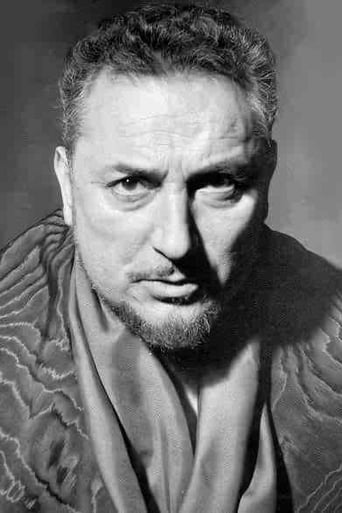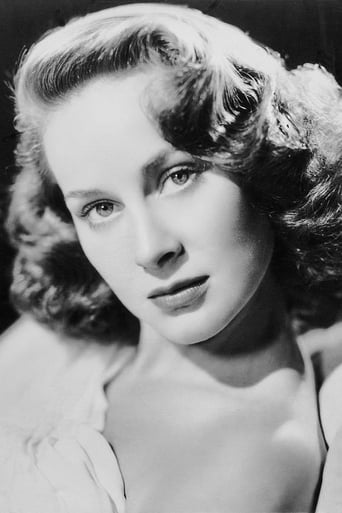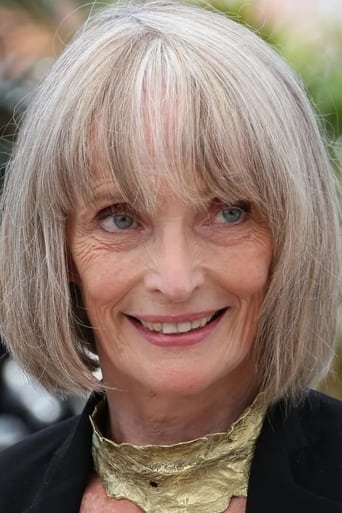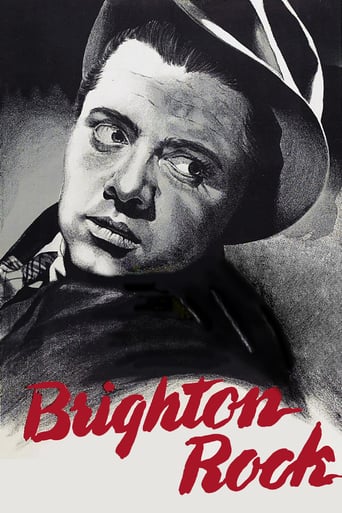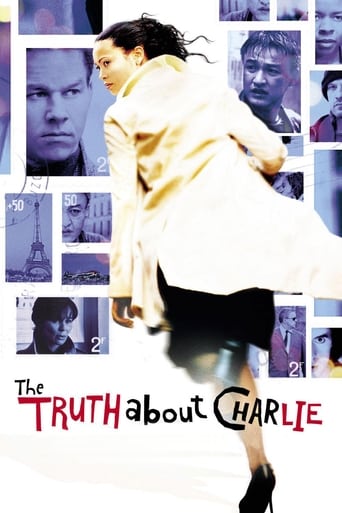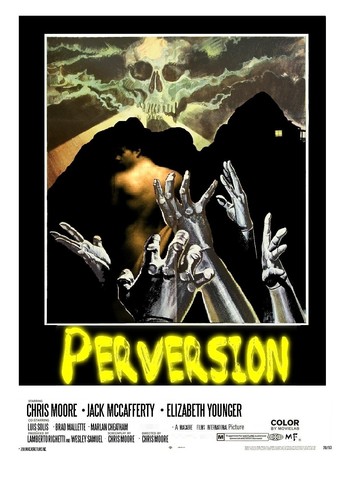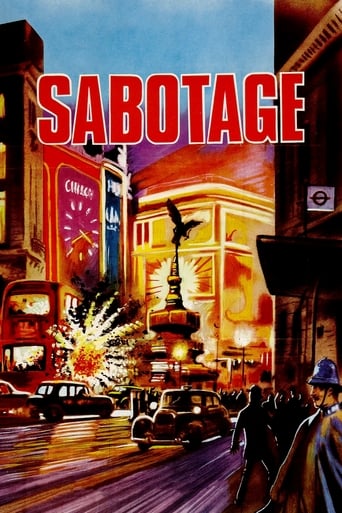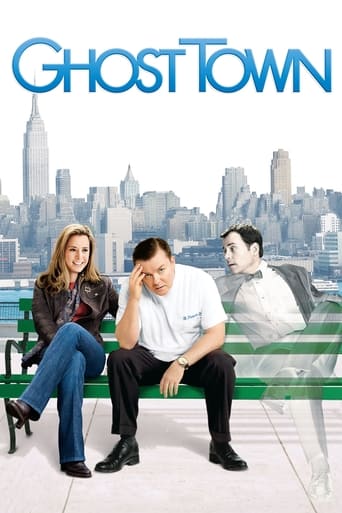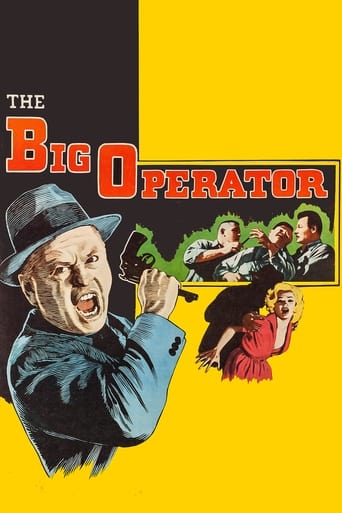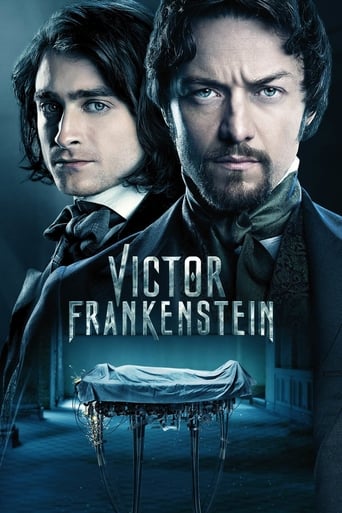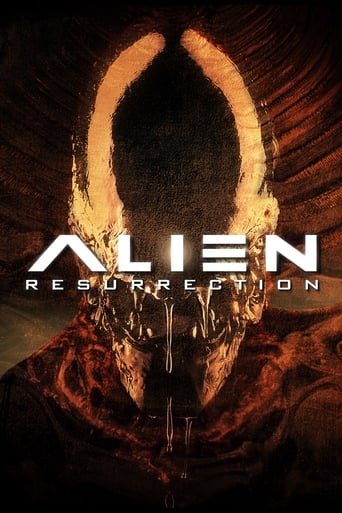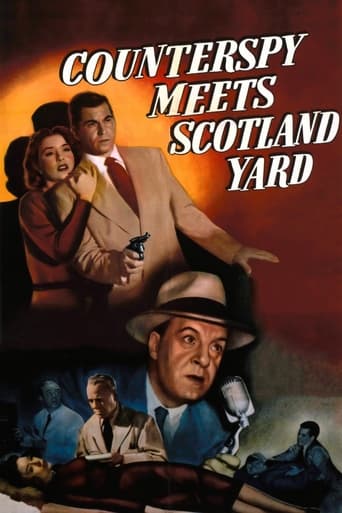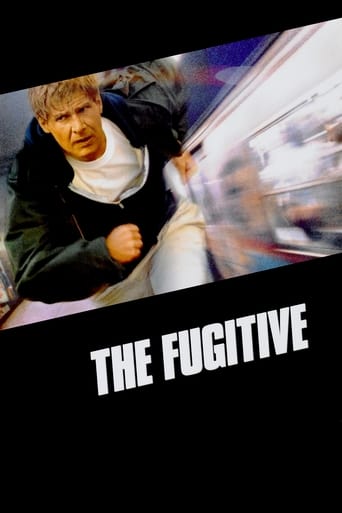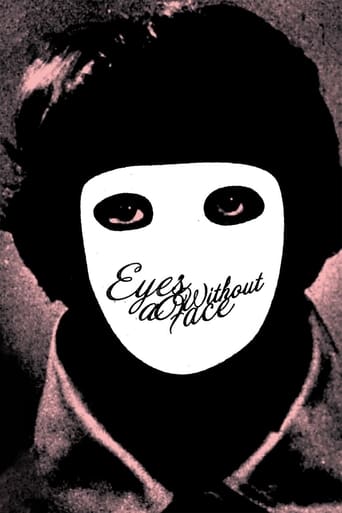
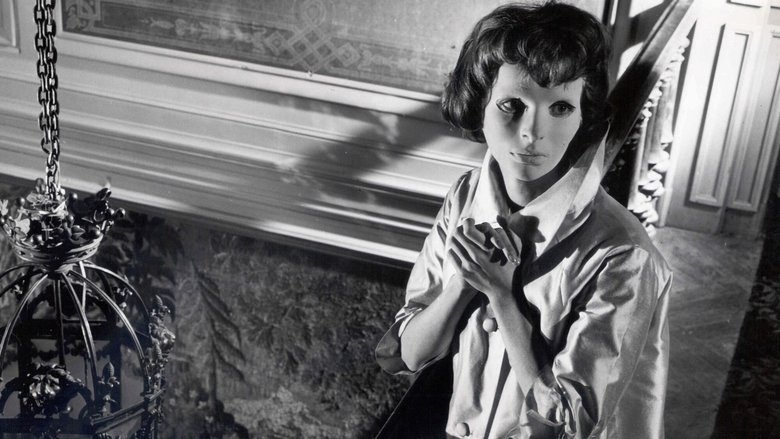
Eyes Without a Face (1960)
Dr. Génessier is riddled with guilt after an accident that he caused disfigures the face of his daughter, the once beautiful Christiane, who outsiders believe is dead. Dr. Génessier, along with accomplice and laboratory assistant Louise, kidnaps young women and brings them to the Génessier mansion. After rendering his victims unconscious, Dr. Génessier removes their faces and attempts to graft them on to Christiane's.
Watch Trailer
Cast


Similar titles
Reviews
This is an artsy horror film from France made in 1960. A surgeon and his apprentice abduct women off the streets and then perform a facial surgery to graft their skin on a woman they have kept imprisoned. Saying anything more would be doing disservice to the film but here is what I can say: This is a haunting film full of intense atmosphere right from the location and setting to the method by which most actors enact their characters. The music also adds to the surreal nature and if such films with surrealistic images and intense atmosphere (which take preceding over plot or character) than this should be a must watch on your list.
The daughter of a famous plastic surgeon causes a car accident in which his daughter's face is disfigured. The surgeon has a new theory hes dying to carry out which involves transplanting a face to replace his daughter's maimed features but this involves donors- willing or not.I forst saw this film when I was studying film analysis and writing at University. I throughly enjoyed it but I've only just rewatched it now. This film is haunting, poignant and so very sad. Everything about it is pinpoint perfect from the cinematography, the music score and the acting. Edith Scob's portrayal of the surgeon's daughter Christiane needs highlighting here. Never has a performance been so nuanced and touching as Scob comes across as vulnerable, child-like and so sad. On of the most touching performances I've ever experienced in the whole medium of film.The film has some amazing observations to make about beauty, self-image and superficiality. Beauty is only skin deep and is also transitory. In these times of facelifts, implants and botox, this film is more relevant than ever.There is also a running theme in the film regarding being caged or constrained and being free- bother physically, mentally and ideologically. If I went into these themes anymore I'd ruin this film experience for anyone who hasn't seen this gem.Please see this film. You won't regret it.
Eyes Without A Face is the type of horror film which earns more respect than your average film of the genre, thanks in part to its class and sophistication. It's essentially a glorified B-movie but one which turns archetypes found in the mad scientist genre on its head. After all, horror stereotypes are not actually scary; normal people acting in an abnormal way is what's truly frightening.Doctor Genessier (Pierre Brasseur) has the look of a potential madman even resembling the maniac John Barrymore yet remains subdue throughout the film as a man wrestling with his conscience. His assistant isn't a hunchback but rather a manipulative woman Louise (Alida Valli) who kidnaps young girls of the doctor's behalf; much like in William Wyler's The Collector, in which victims can be so easily kidnapped and taken to a secluded house without a trace. Without the creepy carnival like music she would appear a different character - not so manipulative and eerie; ah the power of editing.Eyes Without a Face presents by far the best combination I've ever seen of a movie which is unsettling yet beautiful at the same time; the two keywords which sum up the viewing experience. I'm not a massively squeamish person yet the thought of plastic surgery makes my body muscles tighten. Watching any scene with the facially disfigured Christiane (Edith Scob) makes me feel uneasy but simultaneously enraptured at the same time creating a unique combination of viewer emotion. Even with the absence of a woman's most important physical asset, Edith Scob is the pinnacle of femininity in Eyes Without a Face. The manner in which she walks and moves in that white coat-like dress couldn't be more angelic and I haven't even mentioned the mask. If there is ever a cinematic image more implanted into one's mind, it's Edith Scob wearing that mask. It's creepy, it's unsettling, it's emotionless, yet it's one of the most beautiful things I've ever seen more so than most flesh and blood faces. The masks used in the film where moulded to fit Edith Scob's own face, could that be the contributing factor to its beauty? Or is it the angelic figure which carries the mask, whose surrogate mother still brushes her hair despite the disfigurement.Equally as eerie and hauntingly beautiful is the only scene in which Christiane appears without the mask. Out of context it wouldn't entirely seem this way but the very idea that this face has been transplanted onto her from another girl is so uncanny to watch. This is also helped in part of Scob's stunning piece of facial acting in which the Christiane is not yet used to her new face with the limited, almost robotic like display of facial movements.My only issue with Eyes Without Face are two plot contrivances. At the beginning of the film when Dr Genessier identifies the remains of a recovered body as those of his missing daughter, the authorities at the morgue don't even bother asking the other man they asked to come along to look at the remains to view the body for himself. Likewise when the character of Paulette goes missing after leaving the hospital to investigate Dr Genessier on their behalf, the police don't follow up on her disappearance. Are these plot contrivances for the connivance of the plot or did the filmmakers deliberately set out to portray the authorities as being that incompetent?Regardless, such plot contrivances are only minor annoyance in a movie with such startling scenes, imagery and set design from the painting of Christiane's mother to Dr Genessier's chamber. I've long felt that a medical or laboratory like aesthetic is one of the most effective surroundings to capture in glorious black and white. This beauty culminates in the film's ending in which Christiane performs a simple undoing of everything her father has been working on. This is not a Charles Foster Kane style destruction of a room but rather she gracefully stabs her surrogate mother and symbolically sets dogs and birds used for Genessier's experiments free. Aside from the doctor getting mauled by the dogs, the ending is intense yet peaceful. Some films stick with you more than others: Eyes Without a Face is one of those which I found myself thinking about its visual images for days after seeing and they won't be leaving me soon.
The opening of Eyes Without a Face (Les yeux sans visage) shows a young woman named Louise (Alida Valli), the assistant to the brilliant, renowned surgeon Dr. Génessier (Pierre Brasseur), dumping a body in the river, who Dr. Génessier later identifies as his daughter Christiane (Edith Scob). Christiane's face was horribly disfigured following a car accident, and following her funeral, we realize she is still living under the care of her father, with a plain, white mask over her face. Her father, who owns his own clinic right next door to their home, is trying to restore the beauty of Christiane's face by sending his assistant to find and befriend young, attractive women so that they can be kidnapped, taken to his clinic, and stripped of their own face to be surgically placed on Christiane's. One day, Louise finds Edna Grüber (Juliette Mayniel), an attractive, young Parisian woman who looks to be a perfect match for Christiane. Upon drugging her and taking her back to Génessier's home, the process of stripping Edna of her face and applying it to Christiane's begins in a horribly gruesome way.From that premise alone, many potential viewers of Eyes Without a Face will be turned off and never look in the film's direction again. What they'll fail to see, however, is how remarkably beautiful of a film this is. Despite its grotesque premise, director Georges Franju keeps the film on a quiet scale, conducting everything in a softly poetic manner, relying on the essences provided by Eugen Schüfftan's black and white cinematography to carry the film. This atmosphere makes the film a decidedly artful venture, showcasing the lavish scenery and costume designs of those involved rather than making the film entirely about shock and awe.Admittedly, there is gruesomeness to be found in Eyes Without a Face, and the level in which it's employed is pretty strong, especially given the time period in which it was made. Franju handles the gore in a way that makes the film more about the process than the actual shock; with such a frightening and depraved premise, one expects the film to be filled to the brim with completely nonsensical ugliness and gross-out schtick. Thankfully, the driving force behind the film knows how he wants everything to be executed, and that's not in the way of bargain basement shock. Franju creates an impact that's potentially everlasting on the viewer, creating a film that's equal parts carefully-executed French drama and classic American monster movie.I liken Franju's film to an American monster film not only because of its atmosphere, but its buildup and execution. At only ninety-minutes, Eyes Without a Face is conservative in its narrative pacing and relatively slowburn in its structure. Franju hooks us early on by painting the picture of a clearly intelligent and thoughtful doctor, but one who is also not mentally stable. We then see Franju change gears to give his daughter's perspective on her treatment, living a now secret life confined to a white mask and her father's clinic, struggling to keep her own mental stability. Then we cut to Louise's manipulative, thankless task, and so on; Franju structures the film in layers, giving us suspense before providing us with an execution similar to a monster movie. We get a lot of tension before the instance we've been waiting for finally occurs, and through that, the same kind of emotions and feelings arise.Eyes Without a Face comes at the pivotal time in French cinema when a new wave was underway. The longstanding "tradition of quality," where older directors made films for an older crowd, reiterating common values and traditionalist principles, was being demolished by younger, more radical directors who were motivated by watching a great deal of subversive films from all over the world and wanted to profile the kind of ideas they beared and they felt. These ideas were often politically-charged (a great deal of the 1960's work of Jean-Luc Godard), autobiographical works (several early works of François Truffaut), and films that simply broke every convention in French cinema at the time (specifically Godard's Breathless). Franju previously was a documentarian, making films concerning Paris industry, one about a slaughterhouse and another about the modernization of the city. Eyes Without a Face was his first film to deviate from his forte, and what amounted as a result was a great deal of critical indecisiveness about what kind of path Franju was attempting to forge with this new direction. Despite all of the criticism he received, Franju responded quaintly, saying the purpose was to give simple genre films like this some credibility, showing that they can break new ground and give us something to talk about just as much as any documentary could.Eyes Without a Face is a masterclass of suspense and terror, and remains a revolutionary work of not only French horror, but French cinema in general.Starring: Pierre Brasseur, Edith Scob, Alida Valli, and Juliette Mayniel. Directed by: Georges Franju.


